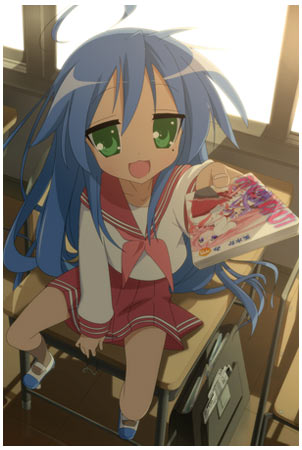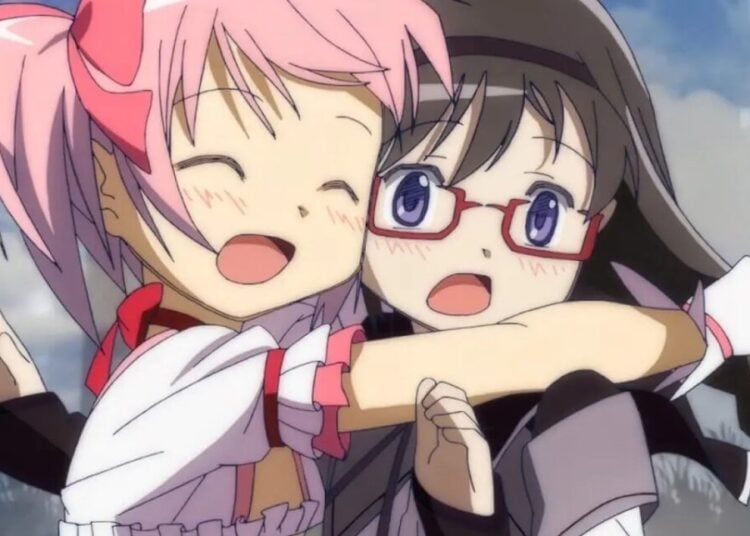The other day I caught a CNN blog post about the term otaku, and whether it was a positive or negative label in Japan — arigatou for the link to J-List, guys! Originally a formal word which means “you” or “your family,” the word otaku came to describe people who pursue their hobbies — generally manga, anime and related media — to the point of obsession. As a general rule, non-Japanese who grew up after the release of the Space Invaders coin-op game in June 1978 — which I define as “the point when everything cool started flowing from Japan” — will probably have a positive view of the term otaku, but in Japan this is not always the case. Here the word often carries a negative connotation, despite the recent rise in famous personalities like Shoko Nakagawa, Kill Bill star Chiaki Kurimiya and Gackt being open about their otaku lifestyle. While I would probably advise most gaijin who deal with Japanese people to get to know them a bit before “coming out of the closet,” you probably won’t need to: these days, Japanese practically expect any given foreigner they encounter to be extremely knowledgable about all forms of Japanese pop culture. Maybe what we need is a new word that doesn’t have a negative meaning. Perhaps something like tsuu (aficionado, used to refer to the most passionate fans of Kabuki or Takarazuka theatre), or “mania” (a lightly softer term for someone who really loves their hobby, e.g. tetsudo mania for “railfan”).

Konata is my favorite otaku. Who’s yours?














